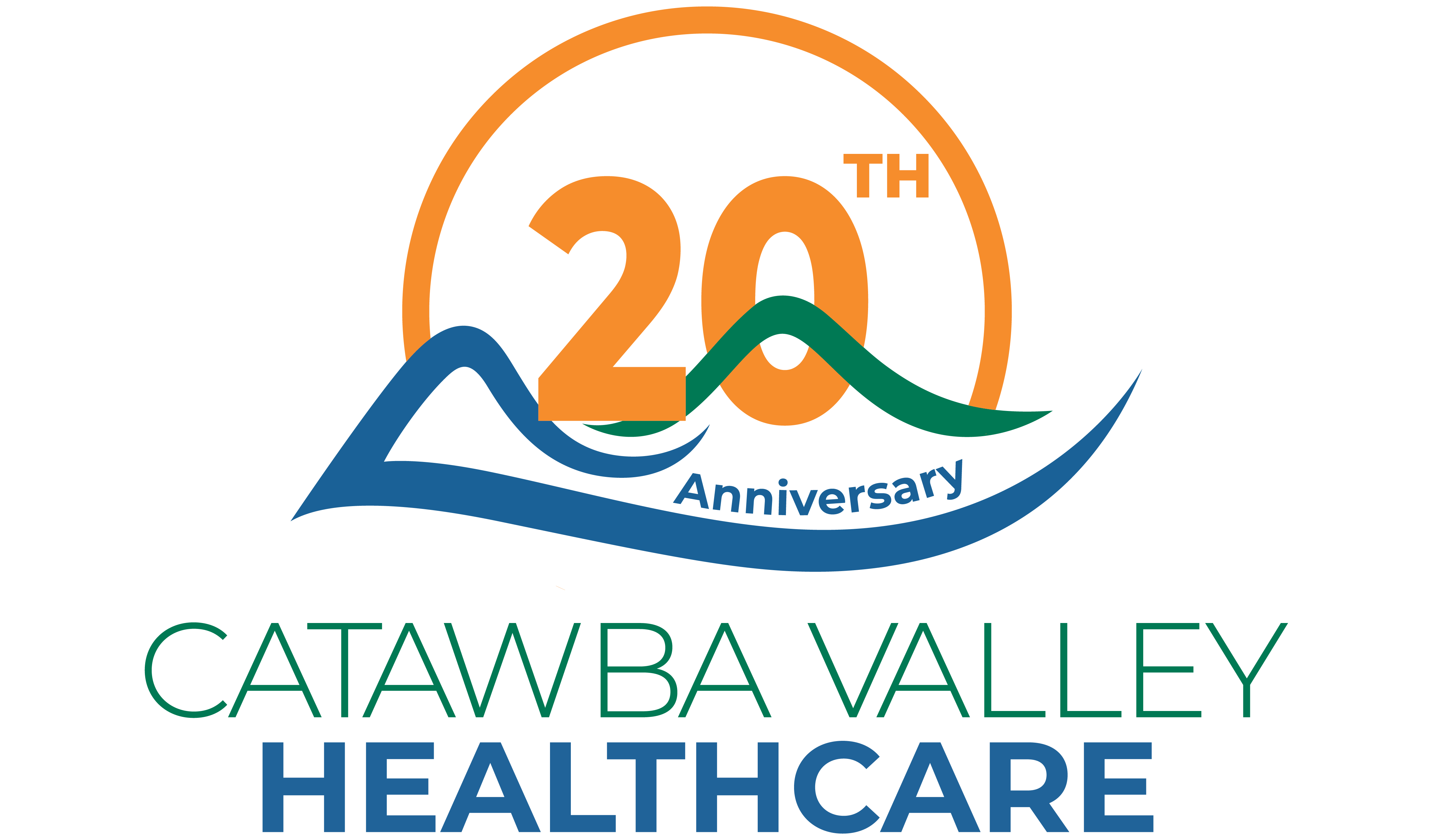Urinary Incontinence
Urinary Incontinence
Urinary incontinence is the inability of the bladder to control urine flow. Severity can range from the occasional leaking when you sneeze or cough to having the urge to urinate so suddenly and strongly that you do not get to a toilet in time to avoid release.
Incontinence is not uncommon in post-delivery women and not unusual among menopausal and aging women. But urinary incontinence is not an inevitable consequence of aging. If it is affecting your daily activities, work, or social life, schedule an appointment with your primary care provider.

Factors that increase your risk of developing urinary incontinence include:
- Gender: women are more prone to have stress incontinence due to female anatomy, pregnancy, childbirth, and menopause
- Age: muscles in your bladder and urethra can lose strength with age
- Smoking: tobacco use can increase your risk of incontinence
- Being overweight: extra weight increases pressure on both your bladder and surrounding muscles; this, in turn, can weaken your bladder control and make the possibility of leakage when you cough or sneeze more likely
- Family history: if a close family member has/had incontinence, your risk is greater
- Certain disorders and diseases: neurological diseases such as Parkinson’s, for example, and diabetes may increase your risk
Incontinence may also be caused by easily treatable temporary conditions such as:
- Urinary tract infection: infections can irritate your bladder and cause incontinence or strong urges to urinate frequently
- Constipation: your rectum is located near your bladder and shares many of the same nerves, so hard, compacted stools can cause these nerves to be overactive, resulting in incontinence
After a proper diagnosis, there are different treatment options to be considered, ranging from physical therapy, medication, or surgery. For many people, lifestyle, dietary changes, and the right medical treatment can fix your symptoms and keep you free of worry or embarrassment.
